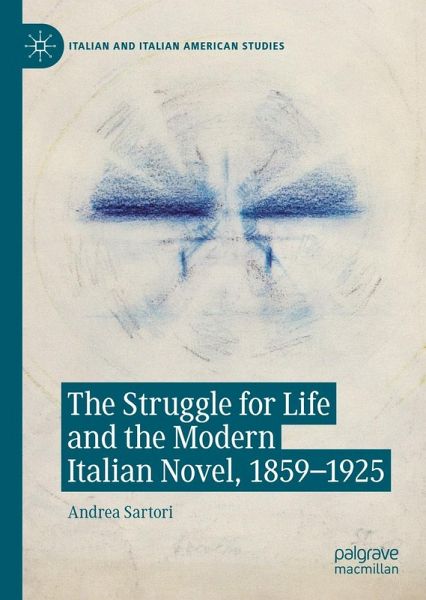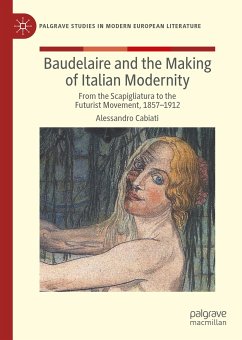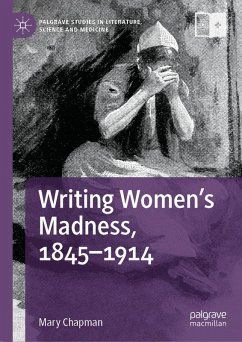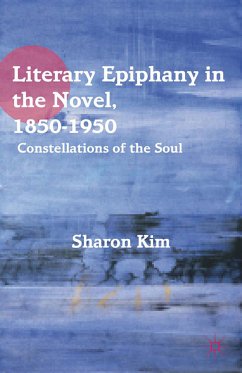
The Struggle for Life and the Modern Italian Novel, 1859-1925 (eBook, PDF)
Versandkostenfrei!
Sofort per Download lieferbar
88,95 €
inkl. MwSt.
Weitere Ausgaben:

PAYBACK Punkte
44 °P sammeln!
This book explores Darwinism in modern Italian literature. In the years between Italy's unification (1861) and the rise of fascism, many writers gave voice to anxieties connected with the ideas of evolution and progress. This study shows how Italian authors borrowed and reworked a scientific vocabulary to write about the contradictions and the contrasting tensions of Italy's cultural and political-economic modernization. It focuses, above all, on novels by Italo Svevo, Federico De Roberto and Luigi Pirandello. The analysis centers on such topics as the struggle against adverse social condition...
This book explores Darwinism in modern Italian literature. In the years between Italy's unification (1861) and the rise of fascism, many writers gave voice to anxieties connected with the ideas of evolution and progress. This study shows how Italian authors borrowed and reworked a scientific vocabulary to write about the contradictions and the contrasting tensions of Italy's cultural and political-economic modernization. It focuses, above all, on novels by Italo Svevo, Federico De Roberto and Luigi Pirandello. The analysis centers on such topics as the struggle against adverse social conditions in capitalistic society, the risk of failing to survive the struggle itself, the adaptive issues of individuals uprooted from their family and work environments, the concerns about the heredity of maladapted characters. Accordingly, the book also argues that the hybridization and variation of both narrative forms and collective mindsets describes the modernist awareness of the cultural complexity experienced in Italy and Europe at this time.
Dieser Download kann aus rechtlichen Gründen nur mit Rechnungsadresse in A, B, BG, CY, CZ, D, DK, EW, E, FIN, F, GR, HR, H, IRL, I, LT, L, LR, M, NL, PL, P, R, S, SLO, SK ausgeliefert werden.












